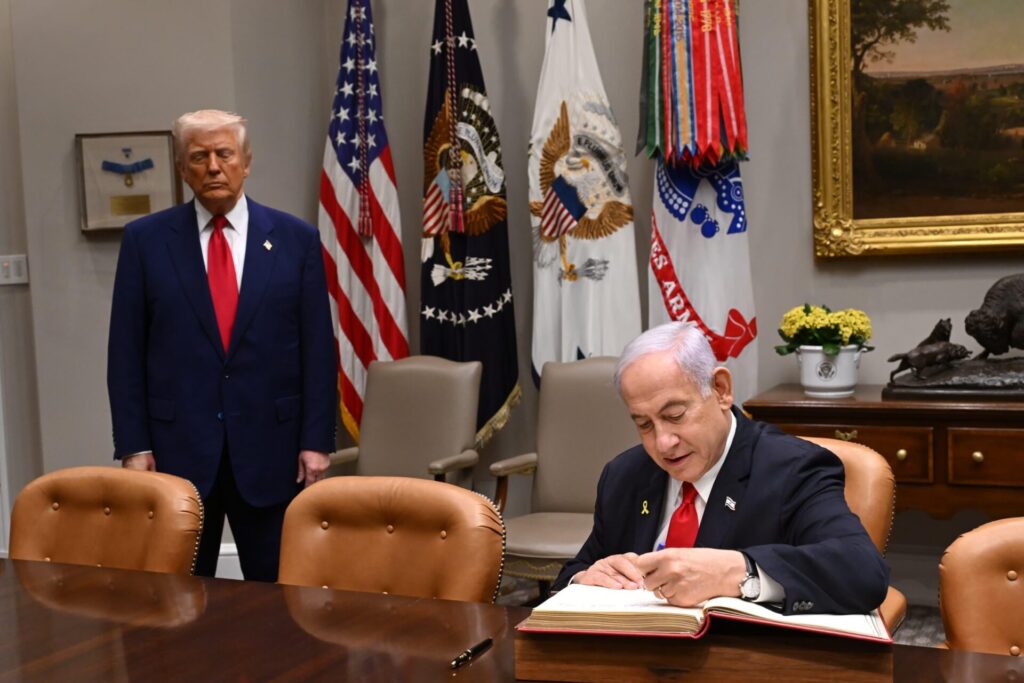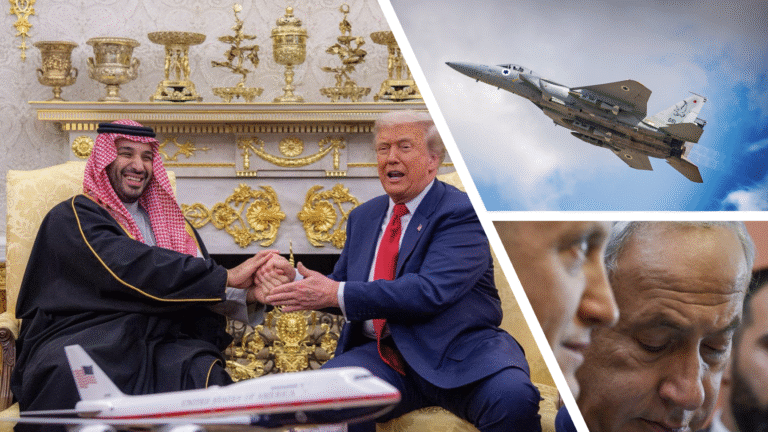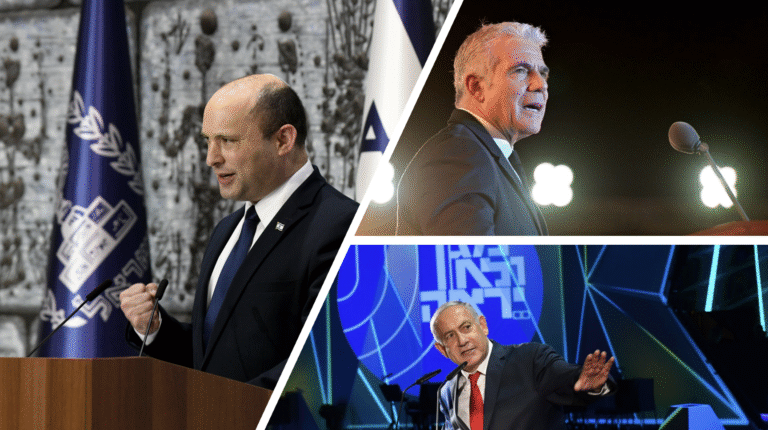While the U.S. has long been a key player in the Middle East, the Trump administration appears less eager than its predecessors to heavily involve itself in the region. And so, if Washington is no longer Jerusalem’s reliable partner in the Middle East that it once was, what does that mean for the Netanyahu government?
I explored this in my Shabbat column for Yedioth Ahronoth, an excerpt of which is below.
——–
“It’s fortunate Nasrallah is no longer with us,” someone prominent wrote to me this week. “Had Trump been elected while he was alive, Witkoff would already be visiting him in his bunker to negotiate a deal.” But Nasrallah is gone, and Israel is adjusting to a White House unlike any we’ve previously known. Not because it’s less supportive—Trump and his people are, rhetorically at least, among the most pro-Israel ever—but because of a distinctly isolationist approach not seen in decades, perhaps the most isolationist since Israel’s founding.
Trump’s approach—or more accurately, the approach of the growing MAGA wing within his administration—is straightforward: “We don’t interfere with you; don’t interfere with us.” The U.S. has given Israel virtually free rein in Gaza, Syria, and Lebanon. Trump didn’t pressure Netanyahu to withdraw from five military outposts in Lebanon, didn’t tweet when humanitarian aid to Gaza was halted, and isn’t concerned by Israel potentially resuming that aid under its own terms. He said nothing when Israeli forces bombed Syrian leader Ahmad al-Shaara’s presidential tennis court, nor when they destroyed Syrian airfields moments before Turkish forces arrived.
Similarly, Trump didn’t consult allies before beginning attacks against the Houthis, nor did he inform them before stopping the attacks. Forget about Israel—even U.S. Central Command learned of the decision via television while their planes were already on the runway. We Israelis were relatively lucky, receiving at least some prior notice before Trump’s meeting with al-Shaara and Edan Alexander’s release from captivity.
Seemingly conscious of these shifts, Netanyahu told the Knesset’s Foreign Affairs and Defense Committee this week that the goal is to wean Israel off American military aid—an approach that transforms Israel from a dependent recipient into an active partner.
Yet the trouble starts with Saudi Arabia and ends with Iran. The prevailing Israeli assumption has been that the Saudis need normalization with Israel more urgently than Israel needs normalization with Saudi Arabia—to secure their requests from Washington, and as a result, Riyadh won’t demand concessions like recognition of a Palestinian state or ending the war in Gaza. Yielding to such demands would send the dangerous message that massacring Israelis yields diplomatic wins.
This approach, however, ignored the possibility that the U.S. would bypass Israel entirely and give the Saudis exactly what they want. Again: America First.
But the critical issue is Iran. For operational and strategic reasons alike, a hands-off approach won’t suffice here. Whether through an agreement or a military strike, some degree of active American involvement is essential. Without a deal, an Israeli strike would significantly harm Iran’s nuclear program, but an American strike could annihilate it.
Israeli defenses alone wouldn’t fully withstand Iran’s retaliation, but American defensive support would drastically improve Israel’s security. Even absent direct military involvement, a decisive American follow-up after an Israeli strike—warning Tehran that rebuilding its nuclear facilities would provoke intervention by Washington—would make all the difference between temporary damage and a generational achievement.
Israel doesn’t need B-52 bombers from the U.S., just a credible big stick. With due respect to Gaza, Saudi Arabia, and Syria, Trump’s critical decision—whether to pursue a nuclear agreement or a strike—will define the future of the Middle East, a region he’s eager to leave behind.









